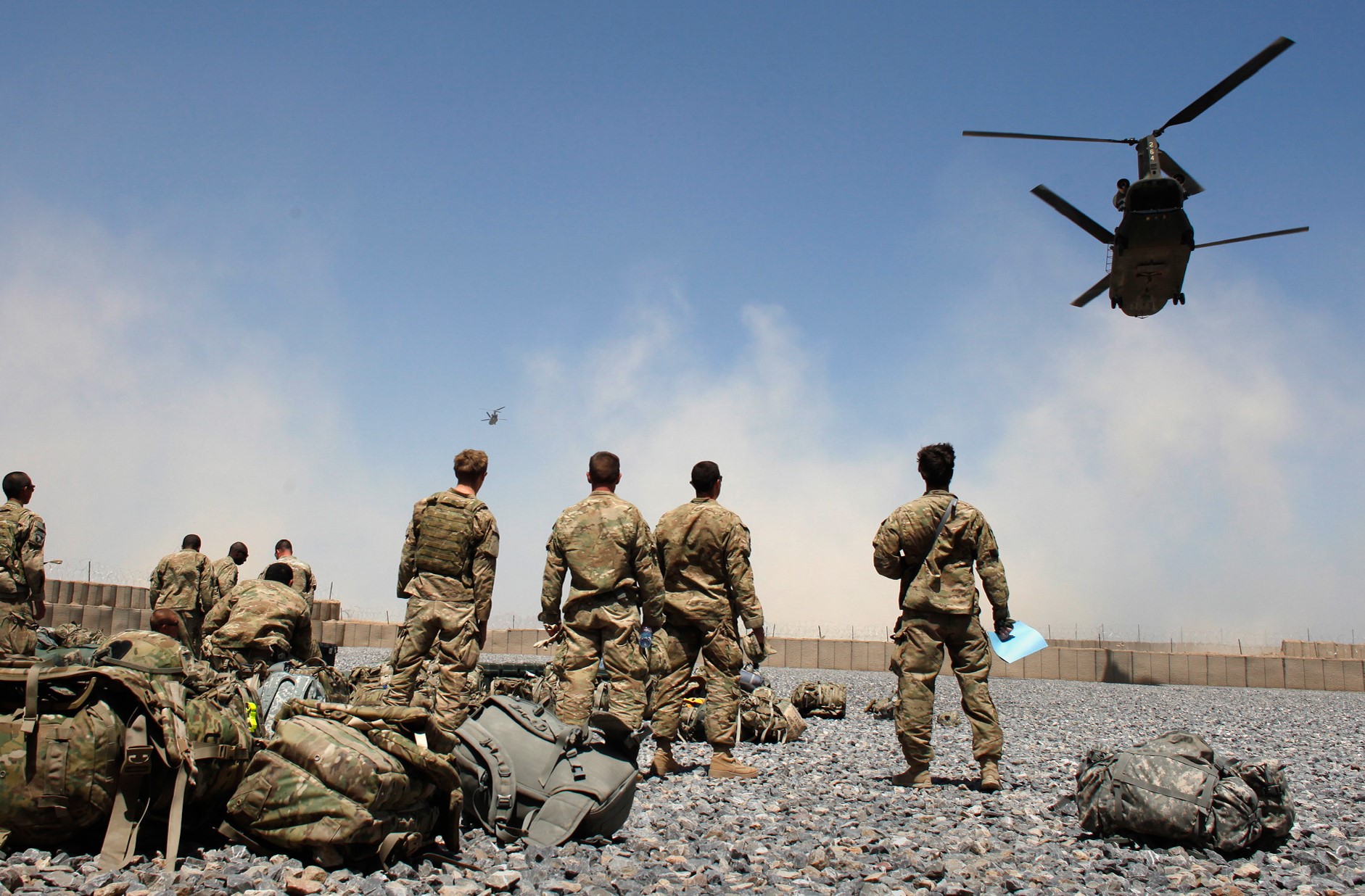On October 26, Cornell University hosted “Losing the Longest War: Afghanistan, 2001-21,” a public lecture that examined the history of the war in Afghanistan and the larger history of the kind of warfare the United States finds particularly challenging. The event further analyzed what went wrong in the Afghanistan war and why future conflicts of this type are likely to meet similar ends.
The lecture was hosted by David Silbey, the associate director of the Cornell in Washington program and a senior lecturer at Cornell, who teaches courses on European history, modern military history, guerilla conflicts, and the role of popular will in waging war.
Silbey started off the lecture by posing the question that has been on Americans’ minds since the evacuation of troops from Afghanistan: “How could this happen?”
“The U.S. spends more on military defense budgets than the next seven highest spenders combined,” reminded Silbey. “How could the world’s largest superpower whose military dwarfs the rest of the world get so humbled by a small, fairly nondescript country that most Americans struggle to locate on a map?”
Before examining the failures in Afghanistan, Silbey first took a step back and spoke about how the United States has fought wars over its history and how American wars have evolved over the centuries. Silbey noted the United States’ beginnings in small-scale warfare, fighting on the American continent against Great Britain, Mexico, and Native American tribes. During the 19th century there was a shift into what we have come to think of as modern warfare.
“We think of warfare now as involving high technology,” explained Silbey, “as involving a competition of giant industrial economies fighting on mass scales. Lost in that understanding are the kind of small scale wars we had been fighting in the 19th century. In some ways we deliberately gave up the knowledge of how to fight in Afghanistan at the end of the 19th century to fight a new and different kind of war, and we never got it back.”
Turning to Afghanistan, Silbey compared the failures there to the failures in Vietnam. Both the Taliban and the Vietnamese army overcame the United States forced by refusing to engage in the kind of modern warfare the U.S. excels at. “If you want to beat the United States in warfare, you can’t fight the way [the Unites States] likes fighting,” asserted Silbey.
“The Taliban fought an enormously effective protractive war against the United States. They never gave up, they always made it clear through action that the war was not over, they did damage to the American and Afghan military, and then, when they had the opportunity to destroy the Afghan government and military, they took it effectively as well. They won the war as much as we lost it.”
Silbey concluded his lecture by praising President Biden’s decision to withdraw troops from Afghanistan and end the 20-year war. “He knew the hit he was going to take politically. But he decided ‘no, its time for the United States to come home. We’re not going to win this war. We’re not an empire that has to stay here forever. It’s time to come home whatever the final results are.’”
Image by Bob Strong / Reuters

